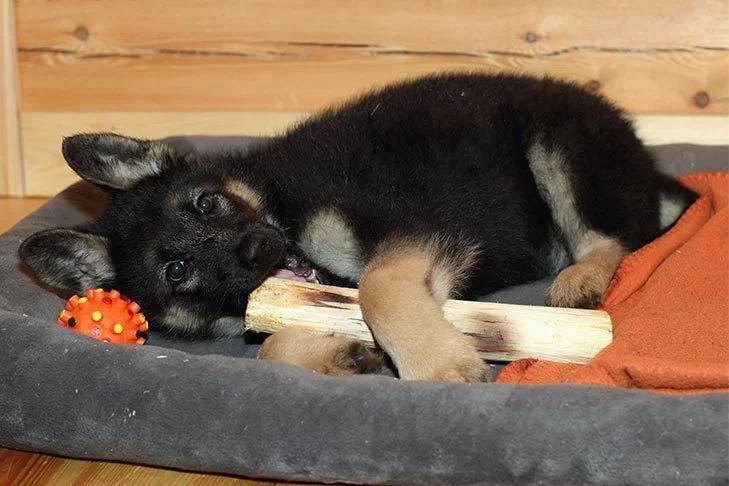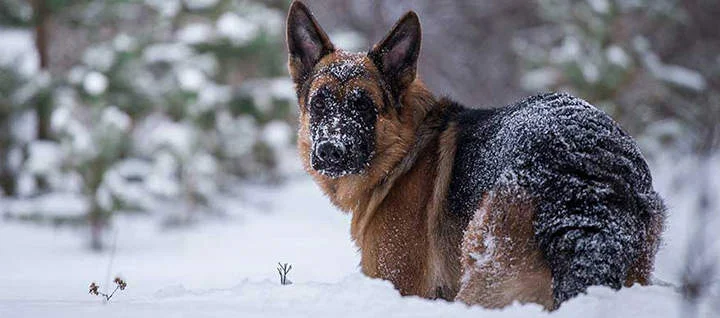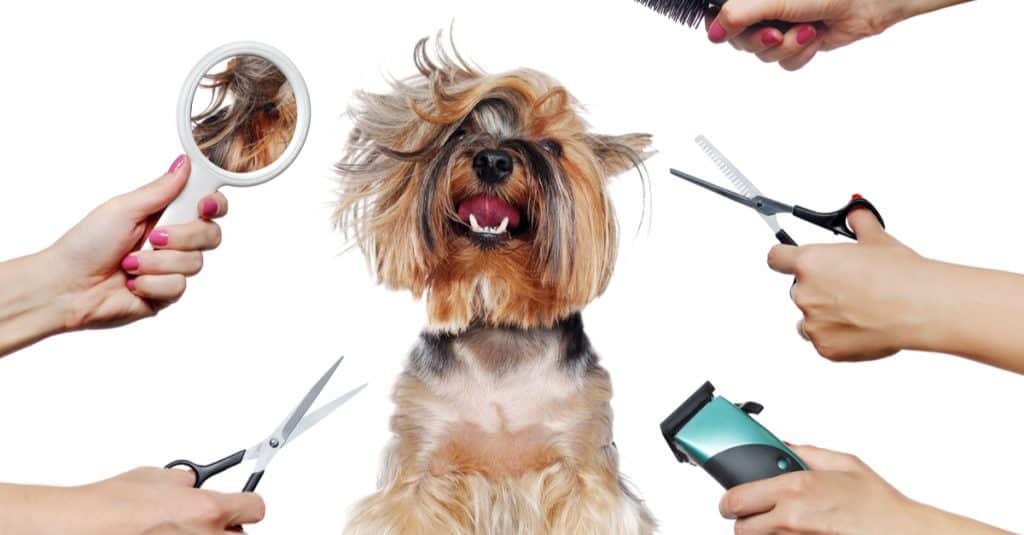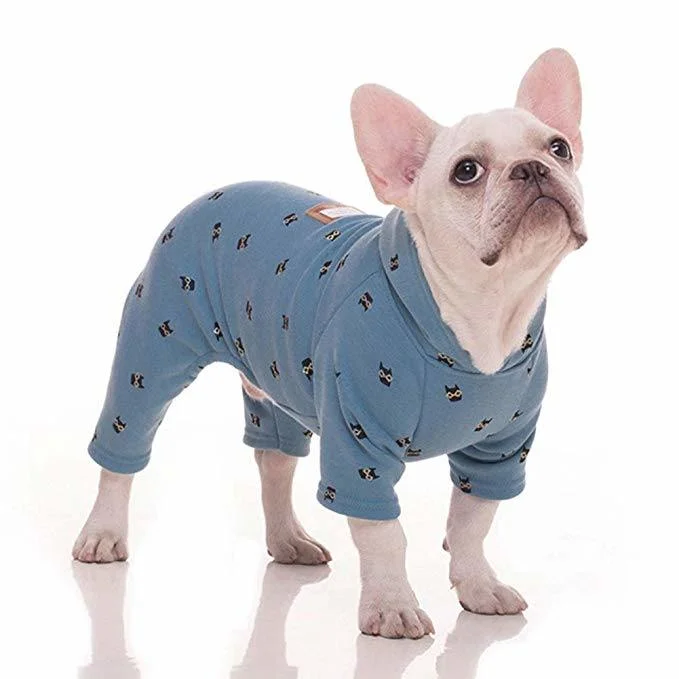My dog in the winter Because most dog owners have fur for their pets, they live with the myth that they can tolerate the cold better than humans.
Table of Contents
It’s not necessary. Like us, these fur-coated dogs are used to the warmth of the indoor shelter and the cold weather is as harsh on us as it is on humans.
Our dog in the winter needs a little extra care.
As temperatures drop, sudden changes in the weather can make our dogs more likely to get sick. Dogs cannot express their feelings, so pet parents should be especially careful about the change in temperatures and the dietary needs of their cats.

If you notice your dog crying, shivering, or looking anxious, it is time to bring him inside.
Winter Care Tips for Your Dog
Below, we have compiled basic winter care tips for your dog during winter or any cold spells. Whilst the article is aimed at making sure your dog is prepared for wintertime, don’t forget about yourself. If you are out and about with your dog on long walks, make sure that you are kitted out with warm and waterproof gear. In particular, pay attention to your footwear and select a pair of dog-walking boots that are waterproof and comfortable at the same time.
Keep your bestie indoors
Take your dog outside often for walking and exercise but prefer your dog to stay indoors. Do not leave pets alone outside when the temperature drops.

To prevent them from freezing, it is best to protect them from freezing. Provide them with lots of toys to play with and occupy them while at home.
Go out when the sun shines.
- Take time to play outdoors when it is sunny.
- Providing vitamin D for you and your pet can be an added benefit if your dog wants to chew and chase, pack a frisbee, ball, or another safe toy, and play in the sun.
- Your pet may like to spend time outdoors but in winter the furry dog is also cool.
- Take your dog out often for walking, exercise, and play… But when the temperature drops, do not leave him outside for too long.
- If he is in the garden himself, take care and check if he is showing signs of cold.
Moisturizing is very important
Dry and cold weather can have adverse effects on your pet’s skin.
Help prevent dry, flaky skin by adding skin and coat supplements to his diet. In order to keep your pet’s skin and coat healthy, coconut oil(natural moisturizer) can be of great help.
Baths dry your pet’s skin just like yours do.
Cold weather can lead to skin and dry, flaky skin, and health problems such as dandruff, odor, infections, and fever.
If you find that your pet’s feet, ears, or tail are dry or cracked, you can also apply coconut oil as needed in a timely manner.
Dandruff in winter is also a common problem and can be prevented by choosing a shampoo that treats itching and skin irritation.
Paw Care
Just as we develop foot cracks in the winter, dogs also suffer from cracked pads. If your dog has furry feet, trim the hair that grows between her pads to prevent snow from growing between the pads. Winter salt on city sidewalks can also burn your dog’s pads and be toxic, so after turning around, clean or wipe your dog’s paws to remove any salt.

Massage petroleum jelly or other PA protectors into the PAV pads before going out to protect them from salt and chemicals.
Consider using dog boots to protect his feet. For dogs that refuse to wear shoes, you can wipe their feet after a walk using a towel
Snow can be dangerous to your dog. Check your dog’s paws and dry them thoroughly once they are outside.
This is especially important with long-haired dogs, as it can be very painful for them to shrink between the toes and turn into snowballs.
Salt and grit from the roads and pavements may get stuck in between their toes, clean their feet at the end of your walk.
Do Dogs Need More Food in the Winter?
The dog food is accurately calibrated to give him all the vitamins, minerals, and calories he needs to thrive. When the activity level of dogs becomes severe, adjustments are needed to ensure adequate nutrition, as much as possible during the winter.
Some dogs do not like to go out even for short breaks. Because they are less active, they should eat fewer calories.

It is a good idea to feed dogs high-fiber foods so that they regulate their bowel movements and also keep extra calories at bay. Also, we tend to give cold milk/yogurt to our guarantors during the summer.
In winter, warming the food a little is beneficial for dogs.
Exercising regularly can help keep a dog healthy and active. It also helps in their calorie intake and weight management.
It would be a great way to get a good jog/run fit with your flower and you can both enjoy the magical wonderland of winter.
Never leave your dog unattended especially in a car which leads to separation anxiety in dogs.
It’s a good idea to leave your dog at home when you go out to run errands.
Just as cars can heat up dangerously in the summer, freezing cold temperatures in the winter can be just as dangerous for your dog. Additional Q&A including carbon monoxide poisoning if the car is parked in the garage
Regular grooming
In winter, it is important to slaughter your pledges regularly.
When bathing your pooch in the winter, make sure it is done when there is enough sun so that the dog dries quickly.
If dressing is serviced, make sure the dog is completely dry so that there is no chance of fungal infection and the dog will not catch a cold due to damp fur.

You can use a blow dryer or reverse vacuum cleaner (at the lowest level) to dry your pet, especially the inside of the foot.
When your dog returns from his / her walk, wipe and clean the feet and paw pads with a soft cloth and warm water. Use pet oil or cream to keep them soft and clean.
Brush the dog’s fur regularly and check for dry or scaly skin that may form in the winter. Other dressing activities such as cleaning the ears, trimming the nails, and cleaning the teeth should be done more regularly in winter.
Care for Senior Dogs
Cold weather often aggravates medical conditions in dogs, especially those with arthritis. It is important to maintain an exercise routine with your arthritic dog, but take care of slippery surfaces and make sure your dog has a warm soft rest area to recover after activities.
If you have not already given your senior dog a natural joint supplement to lubricate the joints and reduce the discomfort of arthritis, you may want to talk to your vet about adding glucosamine and chondroitin to your dog’s senior diet.
Antifreeze is very toxic and only a small amount is deadly. Keep your dog away from the garage and driveway where she may encounter antifreeze or other harmful chemicals.
Warm clothing for Dog
There is a common myth that dogs, like humans, need warm jackets and hats to stay warm. The ultimate fact is that not all dogs need warm clothing.

Sweaters and jackets for cats and dogs are available at pet stores. Choose the right size and keep them warm and cozy when you take them for a run.
You can enjoy dressing them up.
It is important that you pay extra attention to his exercise routine. Consult your veterinarian for health medications and other medications
Be alert for signs that your dog shows some medical conditions, including drooling, vomiting, seizures, excessive thirst, panting, lethargy, and drunkenness.

